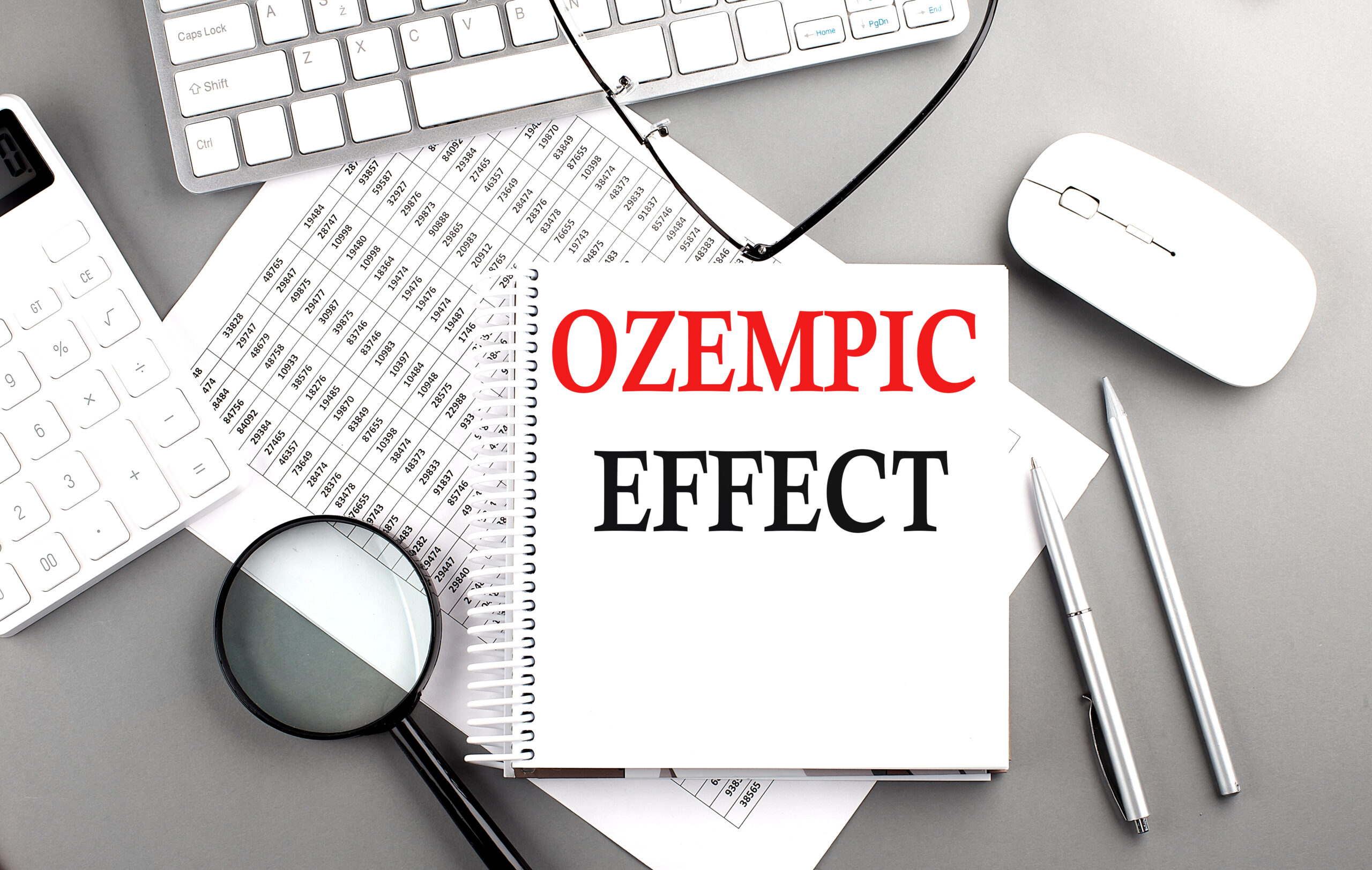One in EIGHT Americans have tried some type of weight loss drug, according to a recent Bloomberg article. For about 1000 dollars a month, that is hardly affordable. But what if there was a natural alternative? According to the below video that I came across in my inevitable weekend YouTube rabbit-hole digging, there are natural foods and supplements that produce the magic hormone that also suppresses appetite in Ozempic. Let’s dive in and see what the claims say.
What Ozempic/semaglutide solutions do
In the quest for weight loss, many turn to pharmaceutical solutions like Ozempic and Wegovy, both of which operate as Glucagon-like peptide-1 receptor agonists (GLP-1). I have written about the science, pros and cons of these injections in this article:
Possible Natural Alternatives
According to the claims in this video, nature offers its own arsenal of GLP-1 boosters, found in everyday foods, spices, and beneficial bacteria. Understanding these natural solutions can revolutionize weight loss journeys by harnessing the body's innate mechanisms for sustainable results.
By incorporating specific foods, spices, herbs, and probiotics into one's diet, individuals can naturally enhance GLP-1 production, paving the way for sustainable weight loss and metabolic balance.
GLP-1 Boosting Foods:
Olive oil, pistachios, eggs, and plain yogurt emerge as dietary heroes, rich in nutrients that stimulate GLP-1 secretion and promote satiety. Embracing a Mediterranean diet, abundant in olive oil and whole foods, showcases tangible benefits in GLP-1 levels and metabolic health.
Harnessing Flavonoids:
Flavonoids found in spices like turmeric and cinnamon, as well as in green tea, offer potent GLP-1-boosting properties. While present in everyday foods, concentrated doses may be necessary for noticeable effects, prompting consideration of supplements.
The Berberine Effect:
Berberine, a natural compound renowned for its metabolic benefits, earns acclaim as "Nature's Ozempic" for its ability to enhance GLP-1 secretion. Clinical evidence supports Berberine's role in weight loss, blood sugar management, and overall metabolic health.
Probiotics and Postbiotics:
Balancing the gut microbiome proves pivotal in optimizing GLP-1 production, with specific strains like Akkermansia demonstrating promising outcomes.
Prebiotics such as polyphenols, found in foods like pomegranates, nourish beneficial gut bacteria, amplifying GLP-1 synthesis.
My Hot Take
While I found the information interesting, I have a few reactions:
- This is reminiscent of the often heard "Mediterranean diet" trope. We all know a Mediterranean diet is the best diet, so nothing too new here. I will say that it is a lot easier to get olives and nuts on the go as a snack, for example, you can find olives in pouches at CVS or grocery stores, as well as unshelled pistachios.
- Eggs and plain yogurt can make you full, but I wonder if that is just because they are both high in protein.
- I have definitely heard of cinnamon and green tea extract being commonly recommended spices, and think naturally consuming these are a great idea. However, going down the road of supplements including Berberine has its own complications. Unlike the actual pharmaceutical drugs, supplements are not evaluated by the FDA for safety. There have been reports that excess consumption of green tea extract, for example, can cause liver and kidney damage.
The Takeaway
There is no quick fix for weight loss that is sustainable except for changes in lifestyle that can be maintained in every day life. It definitely is worth exploring foods and spices that can promote satiety, and that are already great for you. So whether you want to call it natural Ozempic or just highly satiating foods, foods that are high in naturally occurring protein, probiotics, and anti-inflammatory properties will generally be more successful in managing appetite than low-density, high calorie foods.






